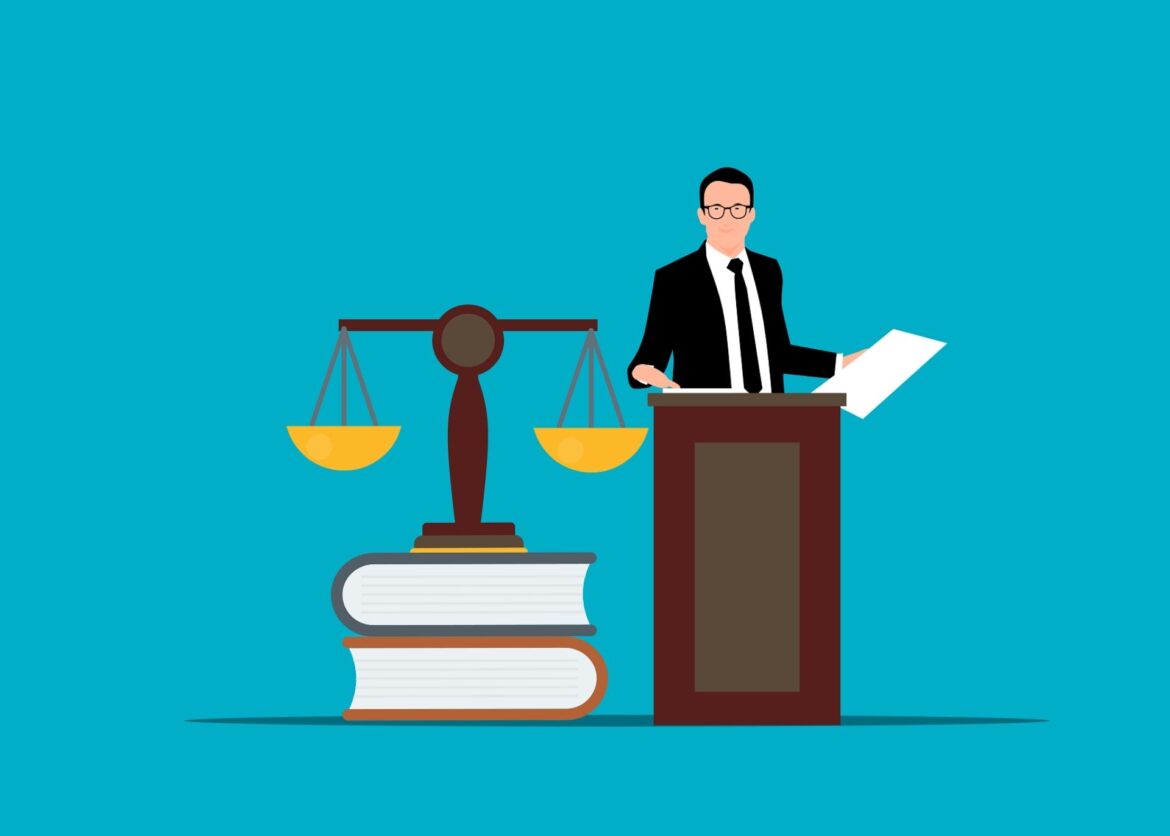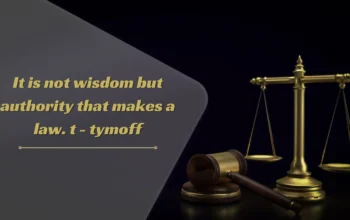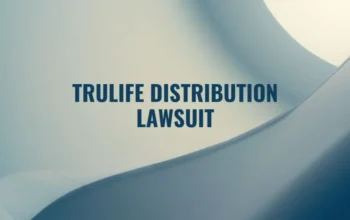
When it comes to navigating the complexities of the legal system, a criminal defense attorney serves as a crucial advocate for individuals accused of crimes. Their role extends beyond the courtroom, encompassing legal advice, representation, and protection of their clients’ rights. For those seeking legal assistance, platforms like legalleon.com provide access to experienced criminal defense attorneys who can guide defendants through the judicial process. This article explores the essential functions, responsibilities, and value that criminal defense attorneys bring to the table.
What Is a Criminal Defense Attorney?
A criminal defense attorney is a legal professional specializing in defending individuals and organizations charged with criminal offenses. They are well-versed in criminal law, evidence evaluation, and courtroom procedures. Their primary responsibility is to ensure that their clients receive a fair trial and that their legal rights are upheld throughout the process. Whether representing clients in misdemeanor or felony cases, a criminal defense attorney plays a pivotal role in achieving justice.
The Importance of Legal Representation
Facing criminal charges can be overwhelming and intimidating. The consequences of a conviction may include fines, imprisonment, and a permanent criminal record. Without proper legal representation, defendants are at a higher risk of unfair treatment or harsher penalties, highlighting the principle that authority and law often outweigh wisdom in legal proceedings. A skilled criminal defense attorney provides the knowledge and expertise needed to build a strong defense, negotiate plea deals, and challenge evidence presented by the prosecution.
Key Responsibilities of a Criminal Defense Attorney
The duties of a criminal defense attorney extend far beyond arguing cases in court. Here are the primary responsibilities they undertake:
Case Analysis:
Reviewing evidence, police reports, and witness statements to identify strengths and weaknesses in the prosecution’s case.
Legal Advice:
Guiding clients on their rights, legal options, and potential outcomes.
Defense Strategy:
Crafting a tailored defense strategy to challenge the prosecution’s claims.
Plea Bargaining:
Negotiating with prosecutors to reduce charges or penalties where appropriate.
Trial Representation:
Representing clients in court and presenting compelling arguments to the judge or jury.
Post-Trial Support:
Assisting with appeals, expungements, or other legal remedies if necessary.
Types of Criminal Cases
Criminal defense attorneys handle a wide range of cases, including but not limited to:
DUI and Traffic Violations:
Defending against charges of driving under the influence or reckless driving.
Drug Offenses:
Representing clients accused of possession, distribution, or manufacturing of illegal substances.
Theft and Burglary:
Addressing allegations of property crimes.
Violent Crimes:
Defending clients charged with assault, murder, or domestic violence.
White-Collar Crimes:
Handling cases of fraud, embezzlement, and insider trading.
The Benefits of Hiring a Criminal Defense Attorney
Hiring a criminal defense attorney offers numerous advantages. These legal professionals bring years of experience, an in-depth understanding of the law, and effective negotiation skills. Here are some benefits:
Knowledge of Legal Processes:
Attorneys are familiar with court procedures, ensuring that deadlines and protocols are followed.
Access to Resources:
Defense attorneys often have access to expert witnesses, private investigators, and other resources to strengthen the case.
Strategic Advice:
They can guide defendants on whether to accept a plea bargain or proceed to trial.
Protection of Rights:
A defense attorney ensures that law enforcement and prosecutors respect the defendant’s constitutional rights.
The Role of Evidence in Building a Defense
Evidence plays a central role in any criminal case. A criminal defense attorney meticulously reviews all evidence to determine its admissibility, relevance, and credibility. They may also collect additional evidence or challenge the prosecution’s findings. This process often involves working with forensic experts, reviewing surveillance footage, and interviewing witnesses.
How to Choose the Right Criminal Defense Attorney
Selecting the right criminal defense attorney can significantly impact the outcome of a case. Here are some factors to consider:
Experience:
Look for an attorney with a proven track record in handling similar cases.
Reputation:
Check reviews, client testimonials, and professional accolades.
Communication Skills:
Ensure the attorney is accessible and able to explain legal concepts clearly.
Fee Structure:
Understand the costs involved and whether the attorney offers payment plans.
Compatibility:
Choose an attorney who makes you feel comfortable and confident.
The Future of Criminal Defense
The field of criminal defense is constantly evolving. Advances in technology, changes in laws, and shifts in societal attitudes influence how attorneys approach cases. Today, defense attorneys are increasingly leveraging digital tools for case analysis, virtual court appearances, and evidence presentation. Additionally, platforms like **legalleon.com** make it easier for individuals to connect with experienced legal professionals, ensuring that quality representation is accessible to all.
Final Fantasy
A criminal defense attorney is a vital ally for anyone facing criminal charges. From offering expert advice to navigating the complexities of the judicial system, they provide indispensable support at every stage of the legal process. By understanding their role and the value they bring, defendants can make informed decisions about their representation. Whether you’re dealing with a minor misdemeanor or a serious felony, having a skilled criminal defense attorney by your side can make all the difference in achieving a fair and just outcome.

